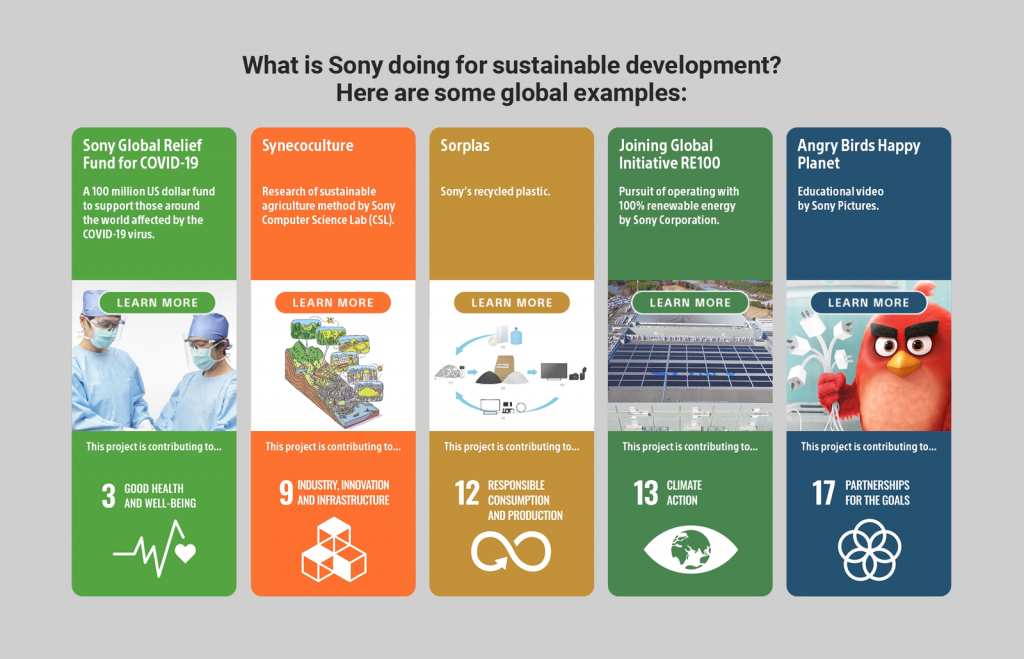Un ouvrage issu d’un colloque de Cerisy (2017) est publié d’Éditions Hermann, dans lequel Masatoshi Funabashi a contribué un chapître “La gestion agro-environnementale: Les atouts de la synécoculture.”
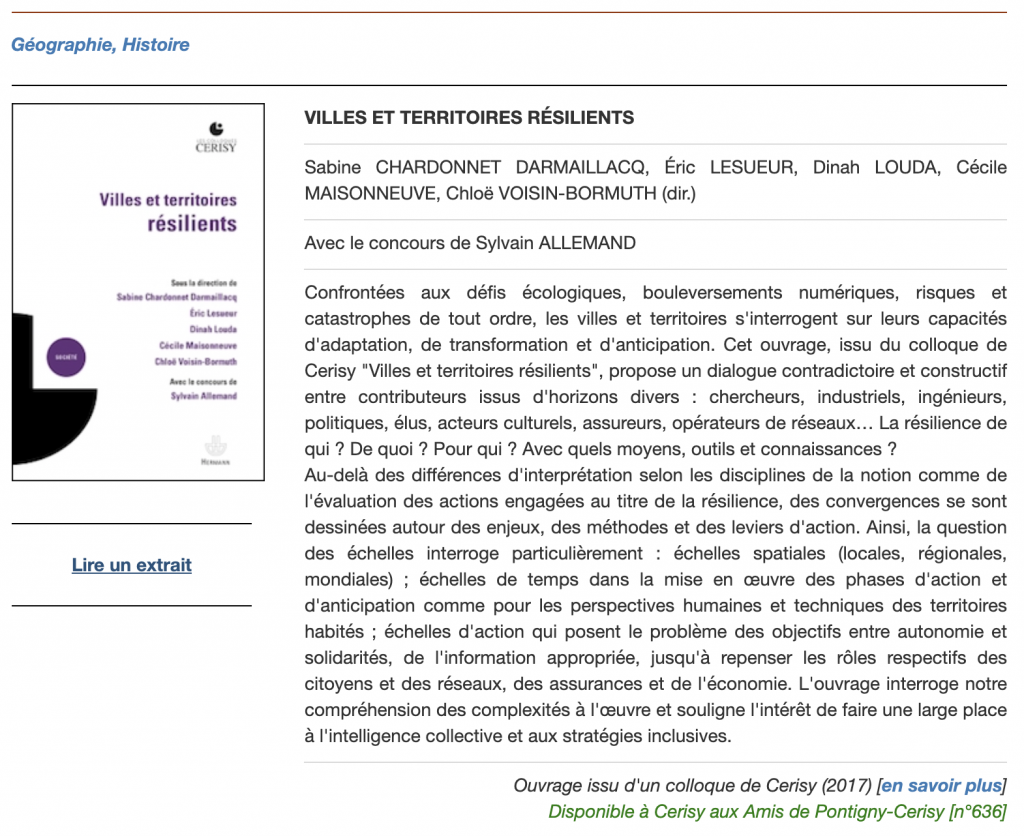
Un ouvrage issu d’un colloque de Cerisy (2017) est publié d’Éditions Hermann, dans lequel Masatoshi Funabashi a contribué un chapître “La gestion agro-environnementale: Les atouts de la synécoculture.”


2020年12月2−4日に開催される WIRED CONFERENCE 2020 Futures Literacy に、舩橋真俊が登壇します。
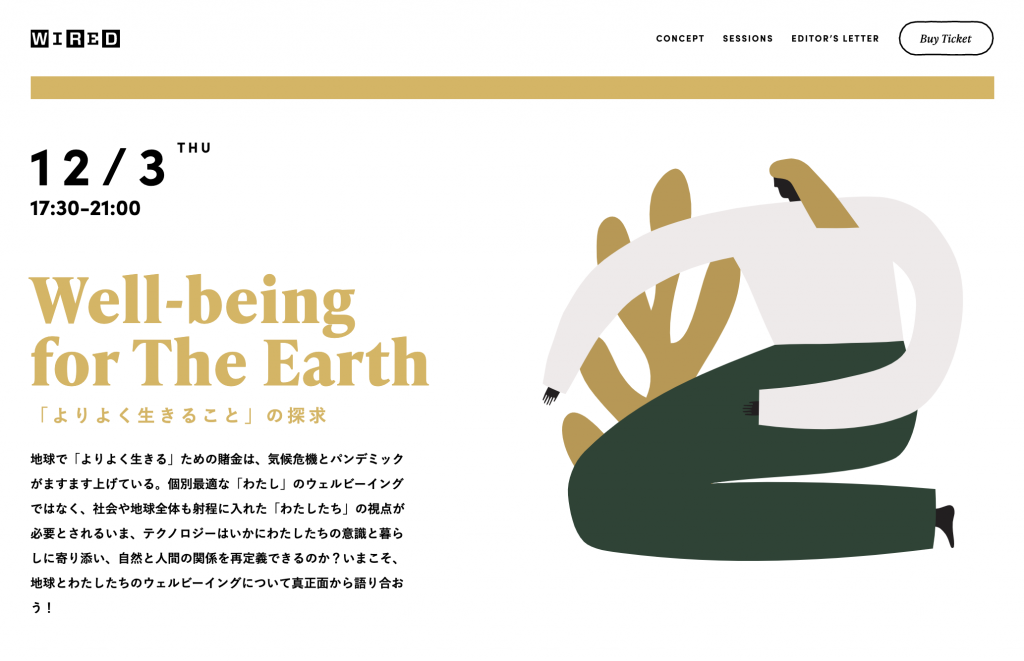
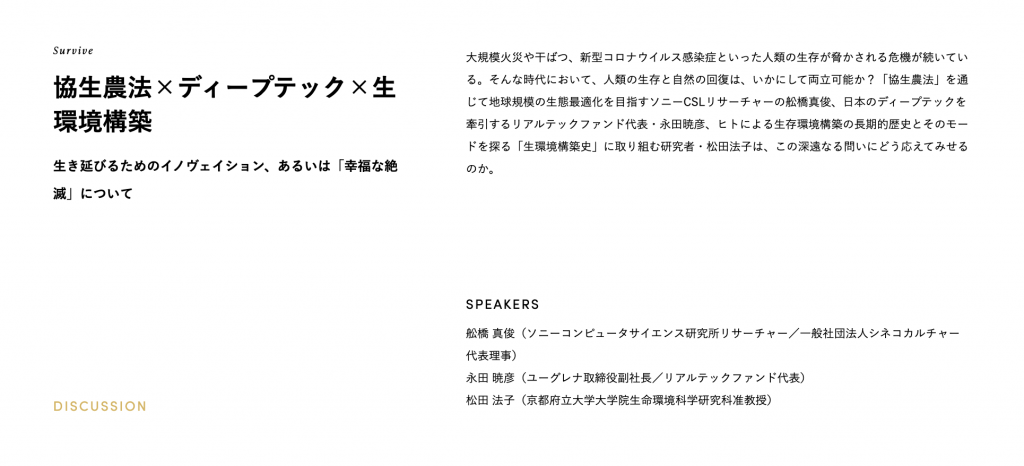
ソニーCSL舩橋真俊 と SF作家・津久井五月 の対談「農業が文明を滅ぼす時代に、SFがなすべきこと」が、Wiredに掲載されました。
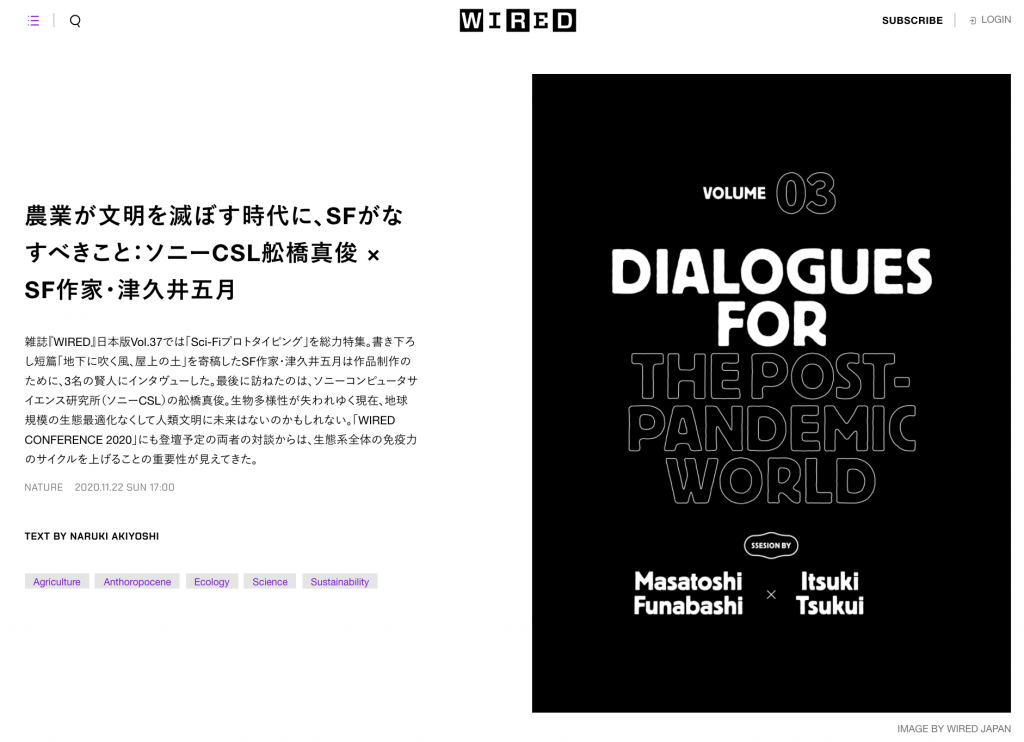
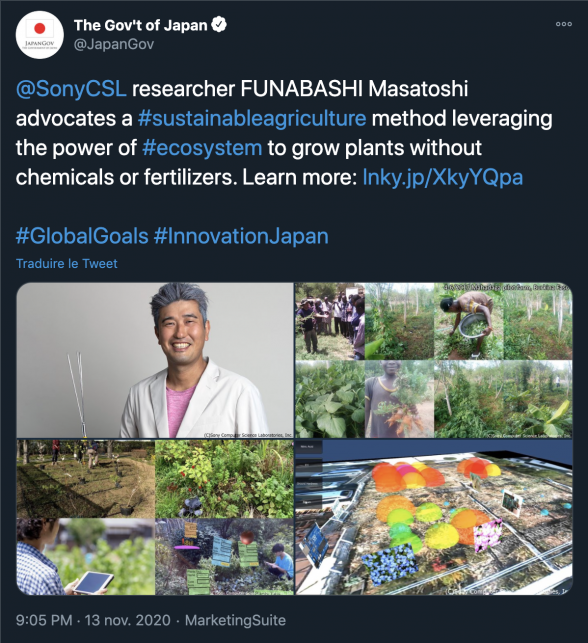
The Synecoculture project was featured on the SNS “JAPAN GOV” of the Prime Minister’s Office.
Twitter:
Facebook:
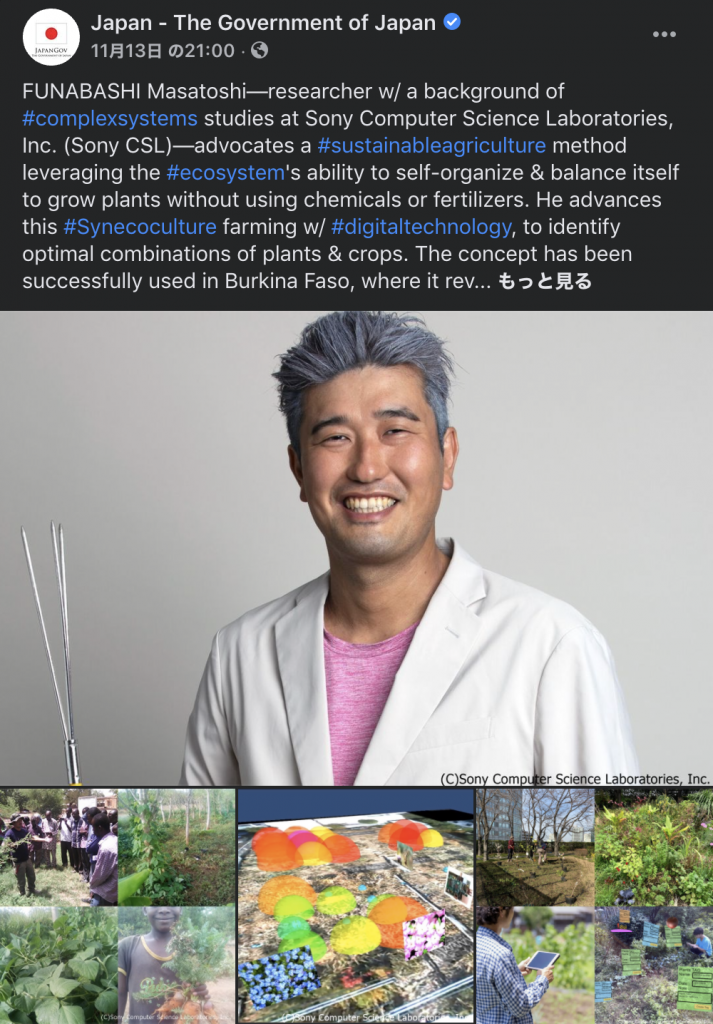
Une conférence scientifique sur la Synécoculture (MOOCs de CS-DC) est disponible sur la chaine de l’Association Synécoculture:
Cette présentation est basée sur un article publié dans les actes de colloque de Cerisy “villes et territoires résilients” de Éditions Hermann en 2020.
A partir de fin Septembre 2020, le Centre Africain de Recherche et de Formation en Synécoculture (CARFS) commence à introduire la Synécoculture à un projet national au Togo: Potager Solidaire.

Le projet a pour objectif général de soulager le panier des ménages les plus démunis face à la COVID-19, par la création d’emplois à travers les potagers solidaires, avec le budget total de 2,7 million Euros en 3 ans.
Spécifiquement, il s’agit de :
Ce projet vise à contribuer aux 8 objectifs des ODD des Nations Unies:
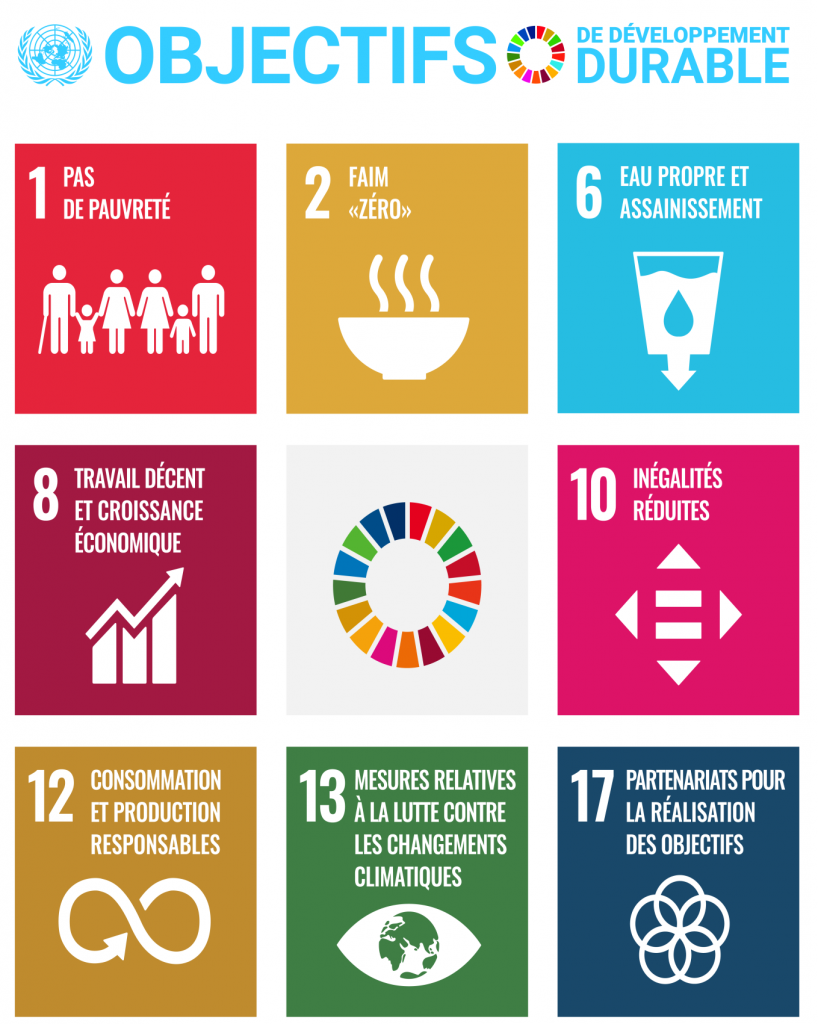
Masa Funabashi and Shuntaro Aotake presented the Synecoculture project at Sweden Foodtech the Big Meet 2020 “The future of urban food system” in the session “Producing in the city.”



2020年7月19日に宇沢国際学館主催でベネッセアートサイト直島にて開催されたオンラインフォーラム「今、瀬戸内から宇沢弘文~自然・アートから考える社会的共通資本~」に舩橋真俊が登壇しました。

当日の配信映像は以下からご覧になれます。
In September 2020, Sony’s interactive hallway in Lund office, Sweden, is showcasing what Sony is doing for the United Nations Sustainable Development Goals (SDGs).
The Synecoculture project at Sony CSL was featured as a global initiative that tackles SDG 9: Industry, Innovation, and Infrastructure.

